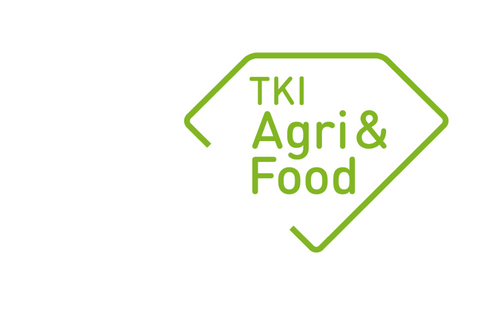Projecttitel: Non-animal predictions of the behaviour of chemicals in the body
Projectnummer: AF-18070
Missie: Gewaardeerd, gezond en veilig voedsel
MMIP: Duurzame en veilige verwerking (D4)
Looptijd: 2019 – 2022
Budget publiek: € 600.000
Budget privaat: € 600.000
Projectleider: Ans Punt
Betrokken partijen: BASF, Unilever, Wageningen University & Research
The aim of the project is to develop animal free approaches to study the toxicokinetic behaviour of chemicals in animals and humans as critical aspect of the development of alternatives to animal testing. The overall toxicity of a compound is related to both its availability in cells and tissues (the overall result of absorption, distribution, metabolism and excretion, called toxicokinetics) and its biological effect (its toxicological properties on cells, organs and organisms). Whereas substantial advances have been made over the last years in the development of animal-free methods to screen compounds for biological effects, a lack of consideration of the chemical availability still results in incorrect predictions of the toxicity in a body. A significant way forward is the use of computational tools that simulate the behaviour of chemicals in the body to translate in vitro toxicity data into human dose-response or potency information. Though industry is increasingly using such computer models, the parameterization of the models based on non-animal input data remains a challenge. This is particularly true for the parameterization of active intestinal absorption and renal excretion of chemicals. Furthermore, there are at present insufficient in vivo data available for validation of these modelling approaches. This project will make use of new intestinal organoid models and immortalized renal cells as novel tools to derive input data to parameterize the complex processes involved in the absorption and excretion of compounds. In addition, we will make use of the opportunity to use in-house available in vivo data from the private partners for model validation. By using existing animal data to develop animal free methods, we prevent future animal experiments while making sure existing data is exploited maximally.
The present project will result in novel tools to adequately simulate chemical behaviour in animals and humans, which is essential to use in vitro effect data for the safety assessment of chemicals and to reduce animal experimentation.
Links:
Deel dit bericht

